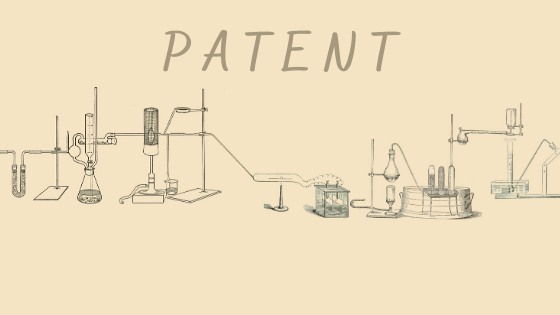If you asked any patent attorney or expert the biggest mistake they consistently found when reviewing applications, there’s a good chance that their response would be, “The use of relative words.” Relative words can be damaging to a patent application. When describing your invention, you should not compare it to other designs. Instead, you should focus on what makes it unique.
What Are Relative Words?
Relative words are words that compare one object to another. The following words are all relative words:
- Like
- Similar To
- Type Of
The use of relative words in a patent application is lazy. Using them provides a convenient, short-handed way to express similarities. When writing a patent application, you must consider not only yourself but those in the United States Patent and Trademark Office who are reviewing your application. There is a nice guide about this on How to patent something with InventHelp article.
Relative words tend to be ambiguous. There is no guarantee that those reviewing your application understand the connections you are trying to make. Odds are, relative words are not nearly as descriptive as you’d like them to be.

Why Relative Words Can Ruin A Patent Application
For a patent to be approved, the USPTO must consider it to be new and non-obvious. When you begin comparing your invention to other products, you immediately set off red flags to your reviewer. In most circumstances, inventors use relative words to say what their product has in something else. How does this prove that their product is new and non-obvious? It doesn’t!
But what about if you compare your product to a product that is not relevant? In those cases, you’ll create confusion for your reviewer. They’ll begin to wonder if you have filed your product in the correct category. It is advisable to get help from a professional patent agency like InventHelp as written in their How to get a patent with InventHelp article.
Using relative words is often risk not worth it. Instead of thinking about whether a relative word will be understood by someone reading your application, instead consider alternative ways to describe your invention.



